Coastal sediments, like terrestrial soils, are sites of rapid recycling of organic matter and are home to diverse and active microbial communities. Likewise, coastal aquifers are impacted by salinization and pollution and are also areas of accelerated rates of biogeochemical cycling. The microbially-mediated processes that occur in sediment and aquifers recycle critical elements like carbon, nitrogen, and phosphorus and in the process, produce climate-active trace gases like carbon dioxide, methane, and nitrous oxide. Microbial processes occurring in these habitats act as filters, removing pollution-derived components from the surface waters flowing over them and from the ground water flowing through them. Microbial communities are strongly regulated by the physical and geochemical conditions characterizing the habitat.
We also investigate the impact of stressors, such as drought and flooding, on key microbial processes in coastal environments. Record droughts in Georgia have induced major alterations in coastal ecosystems, including an alarming increase in the frequency of acute marsh dieback. These events provide the opportunity to conduct a natural experiment examining the consequences of drought-induced plant mortality on a suite of ecosystem services commonly associated with tidal salt marshes. Our work aims to understand the interactive feedbacks between physical, geochemical, and microbial processes that ultimately regulate elemental cycling in sedimentary habitats. We use in situ approaches and laboratory bioreactor experiments to simulate drought and monitor the resulting impacts on microbial processes.



















